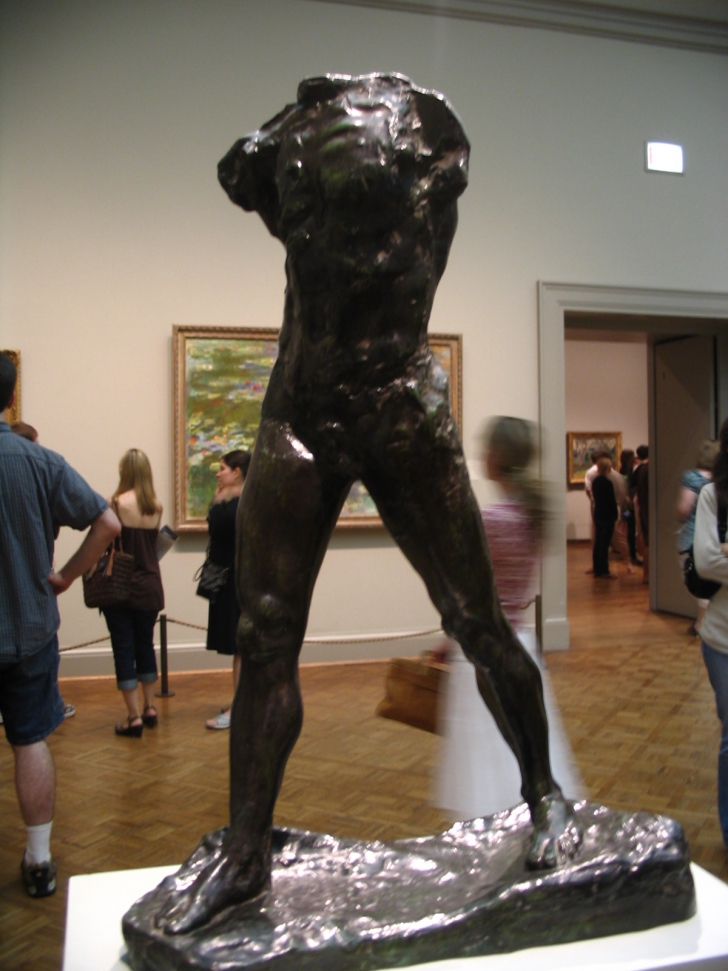
One of my all-time-favourite quotes comes from celebrated French-Canadian playwright Michel Tremblay: “I think I am a rare breed, a homosexual who doesn’t like men.”
Strange that I now find myself fascinated by and writing about modern developments in masculinity, so much so that I decided to create a Storify page to collect my writings and articles in a rough chronological order.
To say that the extremes to which modern masculinity can go to from society to society is interesting would be an understatement. We’re entering a defining age where ideas of masculinity are starting to unravel and different trends exemplify this. Take, for instance, a recent Guardian piece about the Japanese herbivore:
“‘It’s too troublesome,’ says Kishino, when I ask why he’s not interested in having a girlfriend. ‘I don’t earn a huge salary to go on dates and I don’t want the responsibility of a woman hoping it might lead to marriage.’ Japan’s media, which has a name for every social kink, refers to men like Kishino as ‘herbivores’ or soshoku danshi (literally, ‘grass-eating men’). Kishino says he doesn’t mind the label because it’s become so commonplace. He defines it as ‘a heterosexual man for whom relationships and sex are unimportant.’”
The article looks at the rising trend of both women and men who are “not interested in or despise sexual contact” and what that means for the country.
On the other hand, you have the British douchebag, as documented by Vice:
“But while it’s easy to scorn the banality — and the vanity — of the modern British douchebag, they’re only products of their environment. An environment that has very little to offer them anymore, other than gym memberships, intentionally ripped clothes, alcohol, and creatine. The institutions that gave British men a sense of well-being have been ripped apart. Nobody trusts the police any more; nobody wants to join the army because no one believes in its wars; traditional industries have been decimated, and the only thing to replace them are stifling, mind-numbing positions in service and retail.”
Why is it important for society, especially queer and trans people, to pay attention to these social trends?
Bizarre, often frightening, trends in masculinity represent a larger breakdown of social values, which were eons in the making; destructive social values, I would say, that champion piggish, greedy, cisgender, heterosexual, white, middle-class sociopaths, psychopaths and rapists, and the women who condone them. The men who fit into that paradigm are literally ruining the world, and those that don’t — which include but are certainly not limited to feminists, queer and trans people — have been viewed as inferior. The former have created a system that’s rigged against the latter, but the latter are starting to push back.
We’ve always been told to make men of our boys; I think now’s the time to start unmaking them.

 Why you can trust Xtra
Why you can trust Xtra


